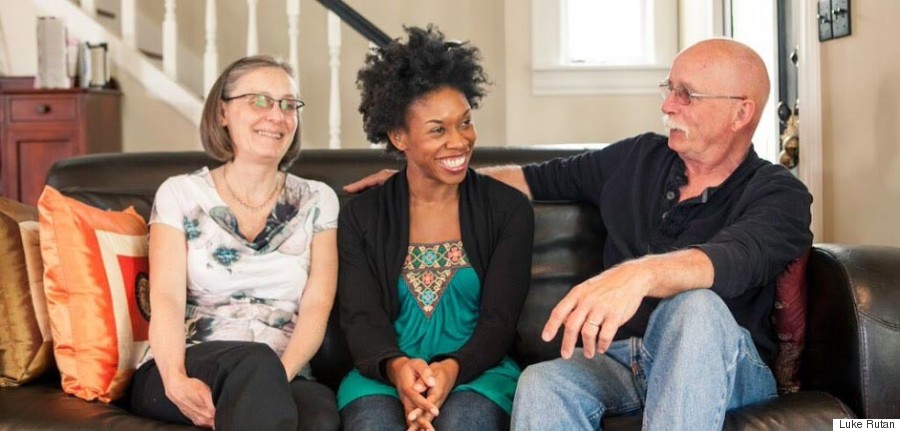What It Really Means To Be Transracial And BlackPosted in Articles, Media Archive, Social Work, United States on 2015-07-09 02:32Z by Steven |
What It Really Means To Be Transracial And Black
The Huffington Post
2015-07-08
It’s been weeks since the nation became obsessed with — then subsequently forgot about — Rachel Dolezal. In choosing to identify as a black woman, Dolezal introduced the concept of being transethnic or “transracial” into the mainstream. Faulty comparisons to Caitlyn Jenner and the transgender community abounded, and many commentators (including myself) rejected them, arguing that being transracial “is not a thing.”
I’ve since learned that being transracial is a thing — just not in the way Dolezal interpreted it. The first known use of the word dates back to the 1970s. Transracial applies to those adopted by parents of another race. It’s an experience often overlooked, and a vibrant community of transracial speakers, writers, and activists have come forward in the wake of Dolezal to take back ownership of the word and their unique identities.
What have their experiences been, not only in the wake of the scandal, but in their day to day lives? What does it mean to be transracial?
For many transracial adoptees, to reclaim “transracial” is to reclaim themselves…
…Transracial identity, like all identity, can be such a nebulous thing. Some adoptees feel untethered, or as if they’re forced to choose between sides. Many experience an intimate, insider relationship with whiteness and white privilege while simultaneously experiencing racism. Blogger Katakasrainbow described that in-between plainly as the word “transracial” began to trend. “I wasn’t really black due to a lack of present black parents and family, but I could never ever ever really be white either,” she wrote…
Read the entire article here.


